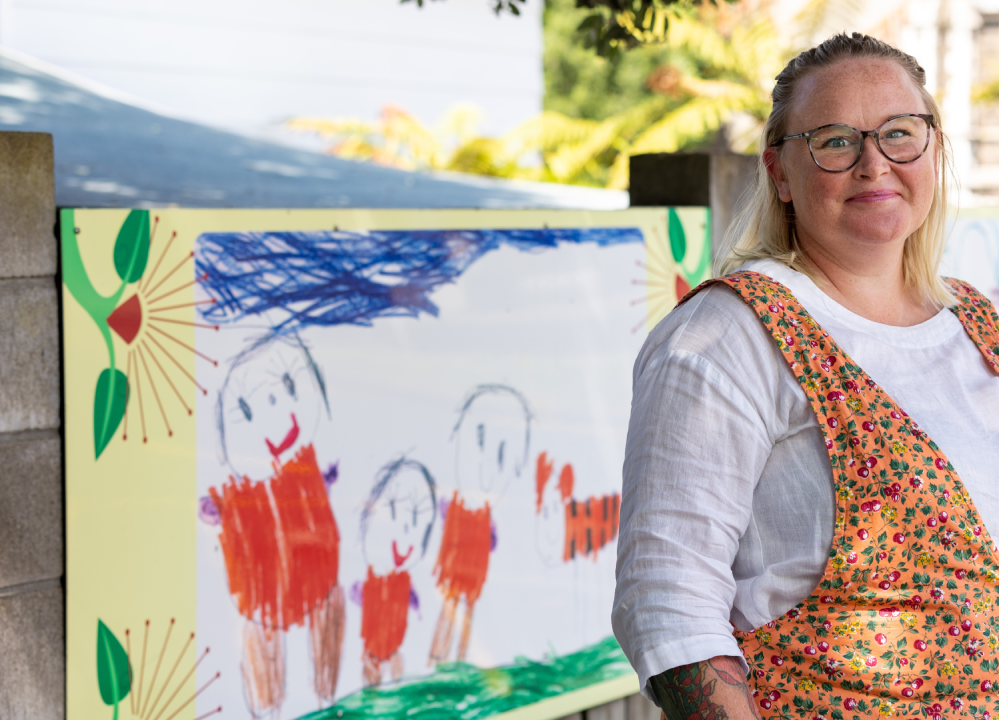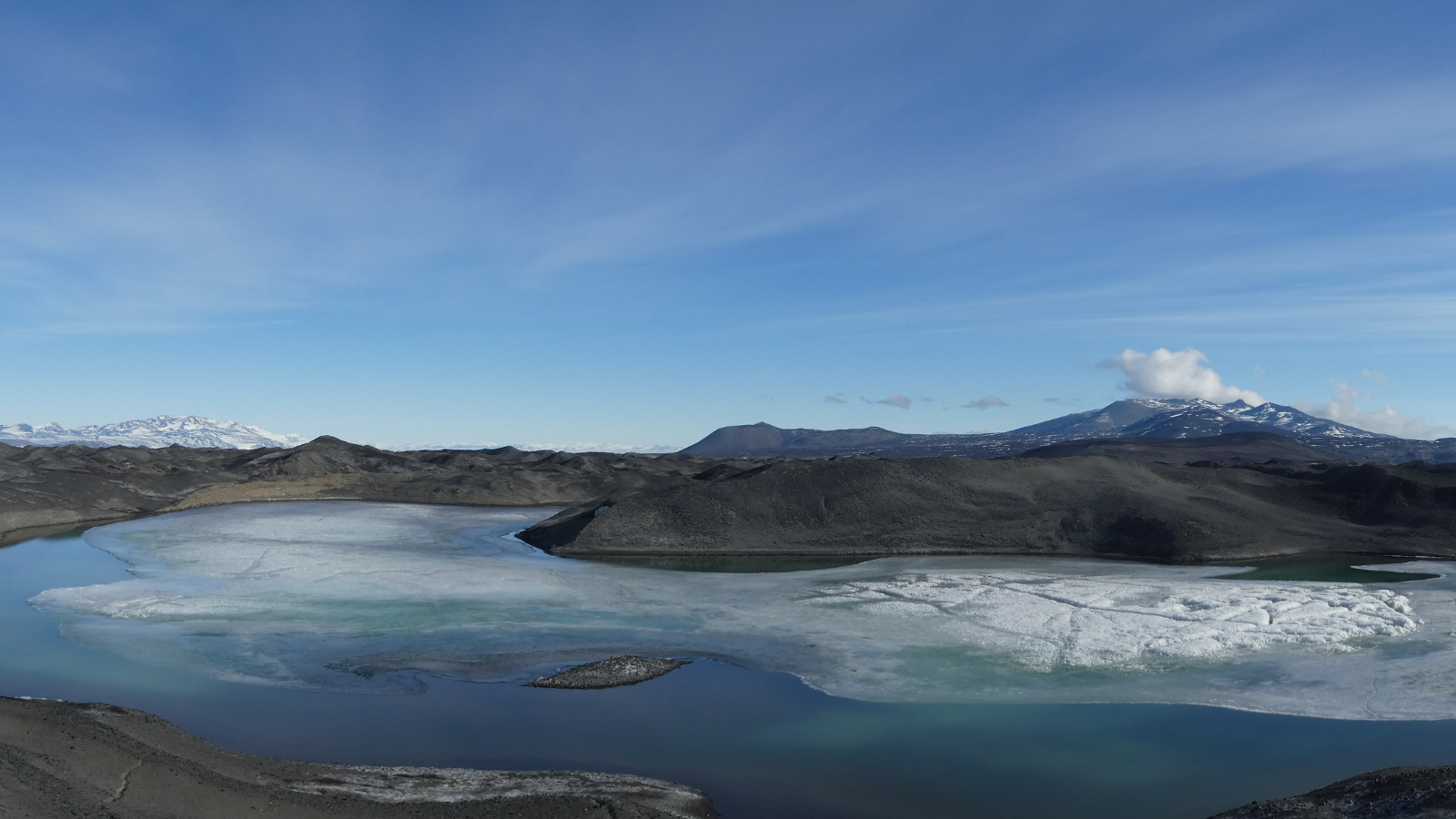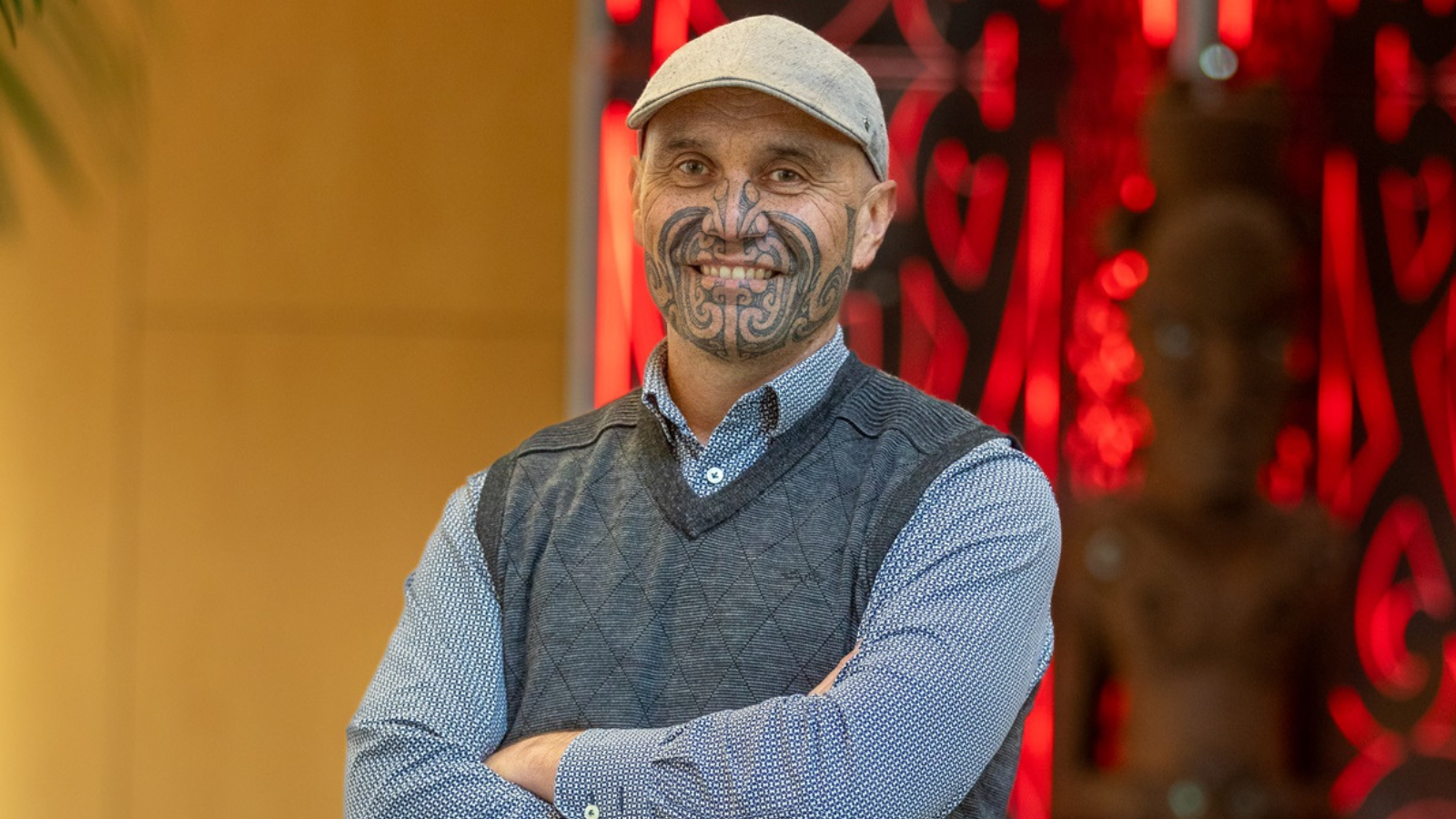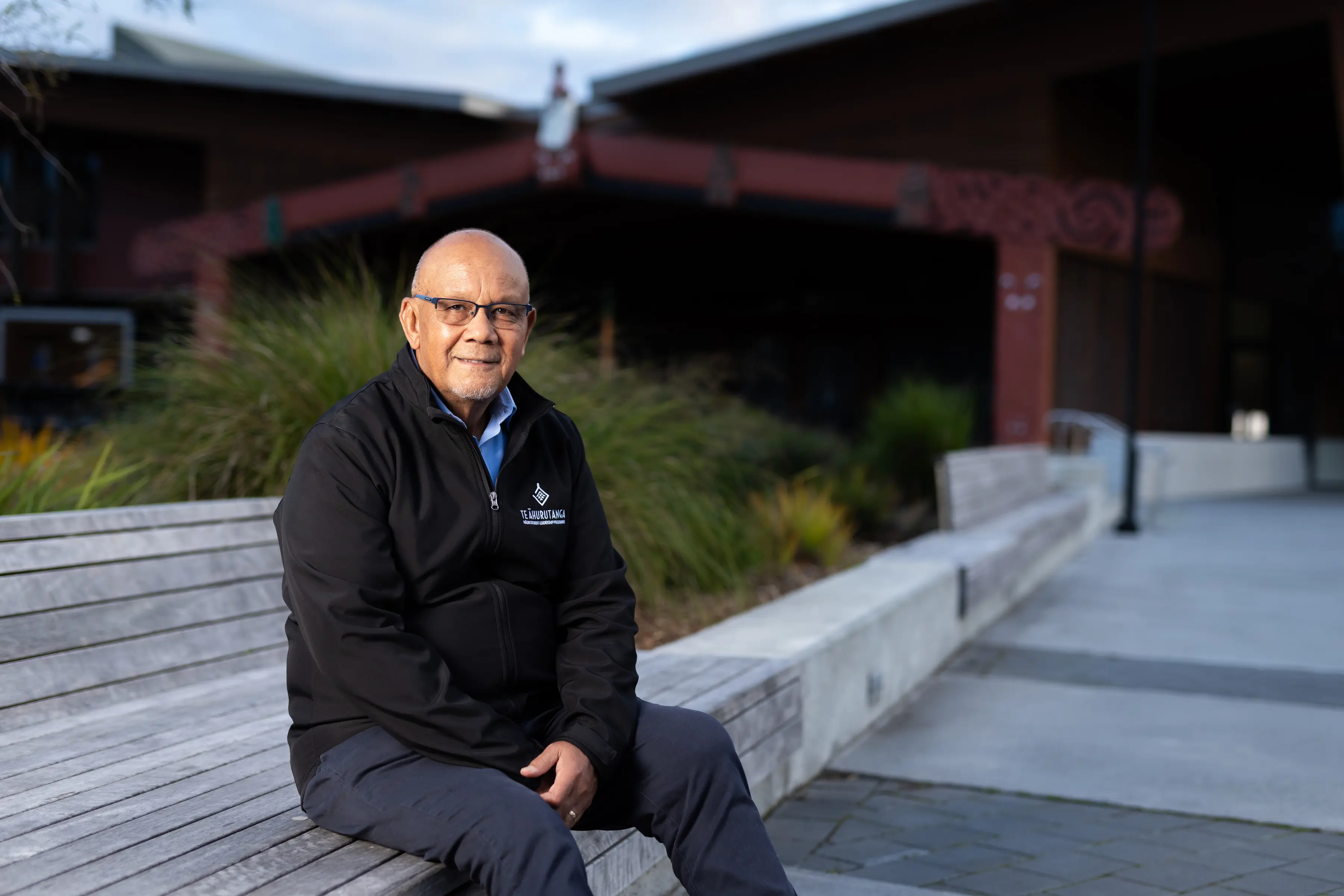While some of us might think engineering is all about technical know-how, Kaitlin loves it because it allows for creativity. “It combines the academic with the practical and that allows you to think creatively as you work to design objects or come up with solutions to resolve issues,” she says.

Engineering alumna Kaitlin Te Rito says engineering allows her to combine academic knowledge with creativity to design objects and resolve issues.
Kaitlin studied for her Bachelor of Engineering (Hons) in chemical and biological engineering at the University of Waikato. She’s from South Auckland and chose Waikato because it was a smaller than other universities that offered engineering, it was close to home, and importantly, it offered good scholarships.
Alongside the University of Waikato’s first-year academic excellence scholarship, Kaitlin was awarded the Edna Waddell scholarship for women entering their first year of full-time study in professional engineering or technology at a New Zealand university. She also received a faculty scholarship, the Dame Jocelyn Fish Award and the Beca Scholarship. In her fourth year Kaitlin made headlines as the winner of the Kordia Women in Technology Scholarship. The $5000 scholarship was established by Kordia in association with the University of Waikato to acknowledge and support up-and-coming female talent and future technology leaders.
 Kaitlin’s interest in engineering started at her high school, Rosehill College in Papakura. She enjoyed science throughout her secondary years and in her senior years also took agricultural studies, which initiated interest in the dairy industry and chemical engineering, and that’s where she’s found herself working.
Kaitlin’s interest in engineering started at her high school, Rosehill College in Papakura. She enjoyed science throughout her secondary years and in her senior years also took agricultural studies, which initiated interest in the dairy industry and chemical engineering, and that’s where she’s found herself working.
Outside the labs and lecture theatres, Waikato’s engineering degree requires students to complete two practical placements. Kaitlin’s first was at Tatua Dairy Co, a world leader in specialised dairy ingredients and dairy foods. “I gained experience in CIP [cleaning-in-place] validations, tagging and different aspects of dairy processing,” she says.
That first placement cemented her desire to build her career in the dairy processing sector, and to eventually look at innovative technologies to solve challenges around waste, sustainability and energy. Her capstone design project at university was to design a green urea plant (with a group) and her research project was with Tatua around bio-active peptides.
Kaitlin’s second placement secured her a permanent job. She’s currently working part-time at PDV, an international engineering consultancy that mainly focuses on projects in the dairy processing industry. PDV’s Asia-Pacific head office is in Hamilton, and this has allowed Kaitlin to continue part-time study at Waikato University, where she’s wrapping up her degree to start at PDV full time in July. Her work will involve assisting on major projects and having more independence on some smaller ones.
Kaitlin encourages women to take STEM (science, technology, engineering and maths) courses at school and tertiary levels. Slowly, the number of females working in these male-dominated careers is increasing, but they still have a long way to go to redress the balance. Latest figures from Engineering New Zealand Te Ao Rangahau have its membership at 17.3% female, 82.6% male, and 0.1% gender diverse.
“More diversity in the STEM industries will see a wider range of creative and inquisitive minds working together to create a better New Zealand,” Kaitlin says.



